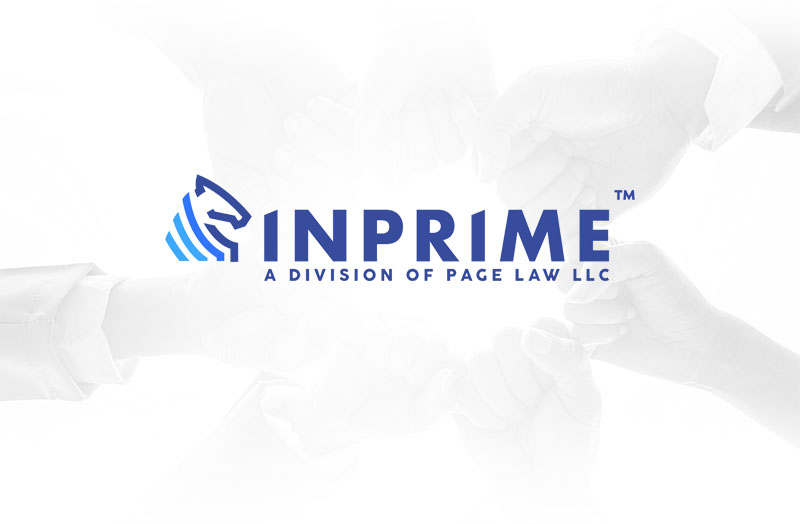What Is ADR and How Can It Help With Contract Disputes?
In all industries, businesses of various sizes and types rely on contracts to protect their interests and enforce agreements with vendors, clients, and employees. While strong business law processes and contracts can help reduce the chance your business will face disputes, there are times when contracts aren’t enough.
You might find that another party to the contract is not holding up their part of the deal, for example. Or, you may realize that despite best efforts, a communication issue arises and the parties have differing opinions about what certain clauses in the contract mean. These are just two examples of how contract disputes can arise.
One way to safeguard your business and other interests during such times is to realize that you don’t have to go straight from dispute to court. Alternative dispute resolution processes can provide a number of benefits and are often preferred by businesses in many cases.
What Is Alternative Dispute Resolution?
Alternative dispute resolution, or ADR, is a blanket term that refers to a variety of processes that help two or more entities resolve an issue outside of court-based litigation. Typically, the process includes working with a neutral third party, such as a mediator, who can help guide the parties to an agreement.
Some types of ADR processes include:
- Arbitration, which involves the parties submitting evidence and arguments to a third-party arbitrator (or group of arbitrators) who makes a decision in the matter
- Mediation, which involves working with a third party who is neutral and can counsel and support the people or entities involved in the dispute toward negotiating a cooperative settlement or agreement
- Neutral fact-finding, wherein the parties agree to have a neutral third party conduct research or review information to present final facts—this may be an option in cases where scientific, mathematical, or other such facts are at the core of the dispute
- Minitrials, which is a sort of mock trial process that allows attorneys for each side to present evidence and arguments before neutral advisors who work with the parties to settle any dispute based on the information presented
Benefits of ADR for Businesses
Alternative dispute resolution offers a number of benefits for businesses, depending on the specifics of the situation. Some benefits you might experience when choosing ADR instead of court-based litigation include:
- Expense savings. In general, ADR is less expensive than litigation. This is obviously a blanket statement, however, and the details of each case are important to consider.
- Faster outcomes. When handled well, ADR can lead to a faster resolution of the dispute than the court system can offer.
- Maintaining relationships. Disputes don’t have to end relationships in the business world, though courtroom litigation can often leave the parties bitter and unable to reconcile. ADR can work to support a continued positive relationship as the parties work together to overcome a dispute.
- Keeping details confidential. Court processes are generally part of the public record, but alternative dispute resolution negotiations are private. You can even include nondisclosure agreements or other protocols that require entities to hold the discussions confidential.
- More flexible potential outcomes. ADR processes are not hampered by the formal rules and regulations of the court. This can lead to more flexible and customized outcomes that are potentially better than the outcomes you might end up with in court.
Is ADR Binding?
Not all alternative dispute resolution processes are binding. In most cases, the only time the outcome of an ADR process is binding is if the parties involved agree to enter into binding arbitration. In this case, the decisions made by the arbitrator would be legally binding.
Otherwise, ADR processes only produce a binding agreement if, at the end of the negotiations and discussions, the parties create and sign such an agreement. In some cases, such as many mediation processes, the parties might work toward a settlement or agreement and realize they can’t arrive at one. In this case, they might move on to other steps, including litigation.
Should You Choose ADR Over Other Methods for Dealing With Contract Disputes?
Whether or not alternative dispute resolution processes are the right choice for your business in any given contract dispute depends on the facts of the case, your goals regarding the outcome, and the likelihood that you and the other party or parties involved can reach an agreement via these methods. Some contracts also call for specific ADR processes prior to or in lieu of litigation.
It’s important to consider these factors alongside the potential benefits of ADR when making a decision about how to move forward with your contract dispute.
Protect Your Business With Help From Experienced Business Law Attorneys
The best time to start protecting your business isn’t when you realize a contract dispute might arise. It’s when you create or sign the contract. Consider working with experienced business attorneys to draft your contracts or review contracts you are considering signing. Your law team can help you understand how well the contract protects your interests and where you may be exposed.
If you are working on employment, vendor, or other business contracts or you believe you may be facing a contract dispute and want to know what your options are, call the team at InPrime Legal today to find out how we can help. You can reach our team at 770-282-8967.













